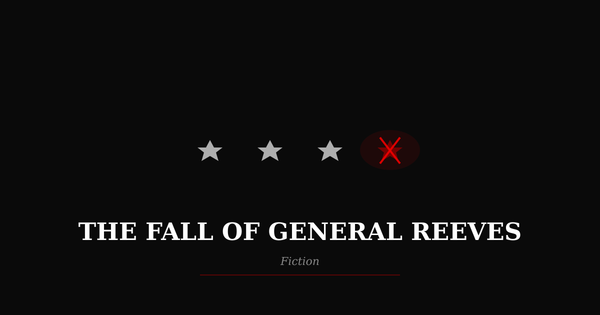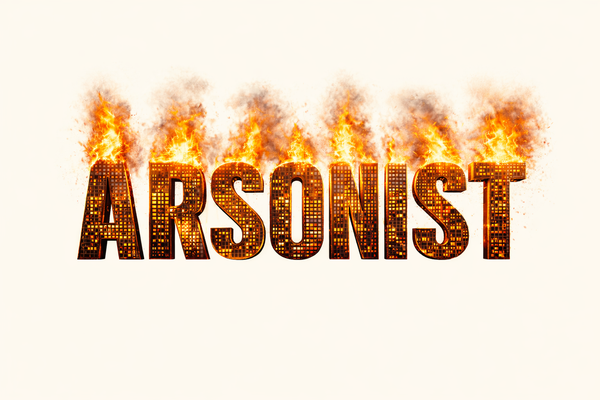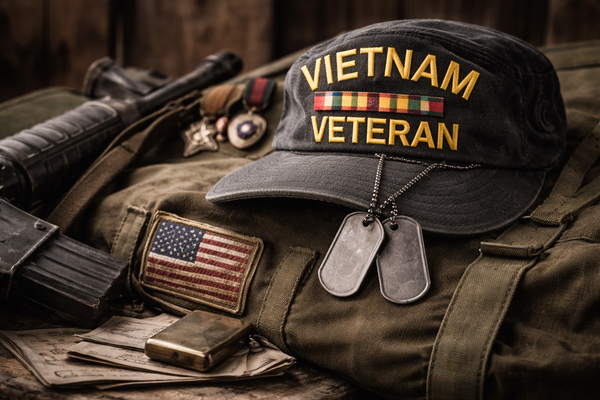Losing Power

and what it costs

No one’s talking about the real issue behind U.S. military spending. People rage about wasted trillions, endless wars, and defense contractors stuffing their pockets. Or they howl for bigger budgets, more ships, more missiles, more toughness. And in the middle of it all, trump—as usual—doesn’t understand the world he’s living in, or the soft power he’s busy torching.
Since the end of World War II, America has run a deliberate racket: we spend massively on the military, so other countries don’t have to. That’s not charity. It’s leverage. But here’s the key: that spending isn’t just about tanks and aircraft carriers. It’s also about creating the conditions for soft power—the ability to influence the world without firing a shot.
After World War II, we made a deal with ourselves and the rest of the world. We’d police the seas, keep trade flowing, build alliances, and hold off the Soviets. In return, Europe, Japan, and others could rebuild and get rich instead of pouring every dime into armies and bombs.
It worked spectacularly—for us. We controlled shipping lanes, markets, the dollar, and the architecture of global finance. American corporations spread everywhere. Our music, movies, tech, universities, and ideals spilled across borders. People wanted what we had—or at least wanted to stay on our good side.
But here’s where people get confused: tanks and missiles are not soft power. They’re hard power. They’re the “or else” in foreign policy—the muscle behind the message. Soft power is different. It’s how we persuade rather than threaten. It’s the pull rather than the shove.
Soft power isn’t just Coca-Cola and pop songs. It’s USAID delivering food to famine zones. Peace Corps volunteers teaching English in distant villages. Voice of America and Radio Free Europe beaming news into places where telling the truth could get you jailed. It’s journalists risking their lives, scientists collaborating across borders, and students landing scholarships to American universities.
These things don’t make headlines, but they matter. USAID has kept millions alive after earthquakes, floods, and epidemics. Radio Free Europe cracked Soviet censorship and gave dissidents hope. Even now, VOA and similar outlets reach over 350 million people weekly in dozens of languages, speaking to audiences who often have nowhere else to hear unfiltered news. That’s soft power—real influence built on trust and facts, not bombs.
We weren’t admired only because we were strong. We were admired because, despite our flaws, we were seen as the country trying to hold things together. Hypocritical? Often. But at the end of the day, people believed the U.S. was more interested in building than breaking. Even our critics sent their kids to study here.
It’s easy to forget how central soft power has been to our modern history. During the Cold War, it wasn’t just our nukes keeping Moscow in check—it was Radio Free Europe blasting jazz and rock music across the Iron Curtain and broadcasting news the Communist press tried to bury. Dissidents like Václav Havel and Lech Wałęsa credited those broadcasts with helping them stay sane and informed. It was the Marshall Plan feeding hungry Europeans and helping rebuild cities so that communism lost its appeal.
I remember listening to VOA shortwave crackling over a tiny radio in a hotel room overseas. The news felt different. Unfiltered. American. It was a voice saying, “Somebody’s watching. Somebody’s telling the truth.” For a lot of people in dark places, that voice mattered.
This is why we spend more on defense than the next ten countries combined. Not because we’re uniquely bloodthirsty or stupid. Because running the world costs money—and for seventy-five years, we decided running the world was worth it.
But here’s what people miss: the price isn’t just hardware. It’s trust. It’s credibility. It’s the belief that America shows up, keeps its word, and doesn’t swing wildly from one administration to the next.
Soft power is fragile. It’s built on consistency. People believed America was a steady partner. That our treaties meant something. That we’d keep the global system running—not just for ourselves, but for everyone riding the same ship. When we start acting like mobsters shaking down allies for protection money, or slashing budgets for our own diplomatic tools, soft power vanishes.
Once it’s gone, it’s hell to get back.
And that’s where trump—and his spiritual cousin PrumpTutin—come in.
trump doesn’t get soft power. He doesn’t see it, doesn’t value it, and certainly doesn’t think it’s worth paying for. His worldview runs on cash-register logic. He thinks alliances are scams, NATO’s a racket, and trade agreements are rip-offs unless we’re extracting tribute. He sees soft-power institutions as either useless or dangerous—perhaps because they’re the one thing that sometimes tells the truth about him.
PrumpTutin, though—that’s a different story. The Putin half of PrumpTutin understands soft power perfectly. He knows it’s what helped bring down the Soviet Union, not just missiles and tanks. He remembers how jazz crackled over the Iron Curtain from Voice of America, how people dreamed about blue jeans and rock music, and how uncensored news made the propaganda crumble. He knows soft power is dangerous to dictators because it makes people believe they deserve better. That’s why Putin wants to destroy it—flooding the world with disinformation, trying to discredit American media, and funding movements that divide democracies from within.
Meanwhile, trump’s been smashing the very tools of soft power, either out of ignorance or petty revenge. Under his administration:
- Voice of America and Radio Free Europe were gutted. He installed loyalists to turn them into propaganda outlets—or silence them entirely. Decades of trust and credibility went up in smoke.
- USAID faced repeated attempts at budget cuts. Trump dismissed foreign aid as waste, forgetting it’s how we prevent wars and earn goodwill.
- Diplomacy and cultural programs like the Fulbright scholarships were targeted for cuts, even though they create lifelong ties to America.
- He pulled out of global organizations like UNESCO and threatened health partnerships that help the U.S. fight pandemics before they hit our shores.
Soft power isn’t fluff. It’s influence. It’s how America talks people off ledges, convinces them to keep faith in democracy, and makes them want to work with us instead of against us. Once you shred it, rebuilding it takes decades—if it’s even possible.
Trump is demolishing soft power out of ignorance. PrumpTutin is trying to kill it on purpose. Different motives. Same outcome.
Soft power is what kept the American century running. Trump—and his employer PrumpTutin—are out there pouring gasoline on it. One out of greed and ignorance, the other out of fear and strategy. And if we keep letting them, we’ll wake up one day with nothing left but smoke—and a world that no longer cares who’s in charge in Washington.
Appendix: The Big Bad Bill
Trump’s “Big Beautiful Bill,” or Big Bad Bill, is just the latest proof. It’s packed with tax cuts, social spending cuts, defense hikes, border money, and a ban on states regulating AI. But it’s built on the same delusion: that we can look tough while gutting the foundations of both hard and soft power. It’s politics for applause lines, not strategy. And the longer we mistake slogans for policy, the faster we’ll watch our influence slip away.





